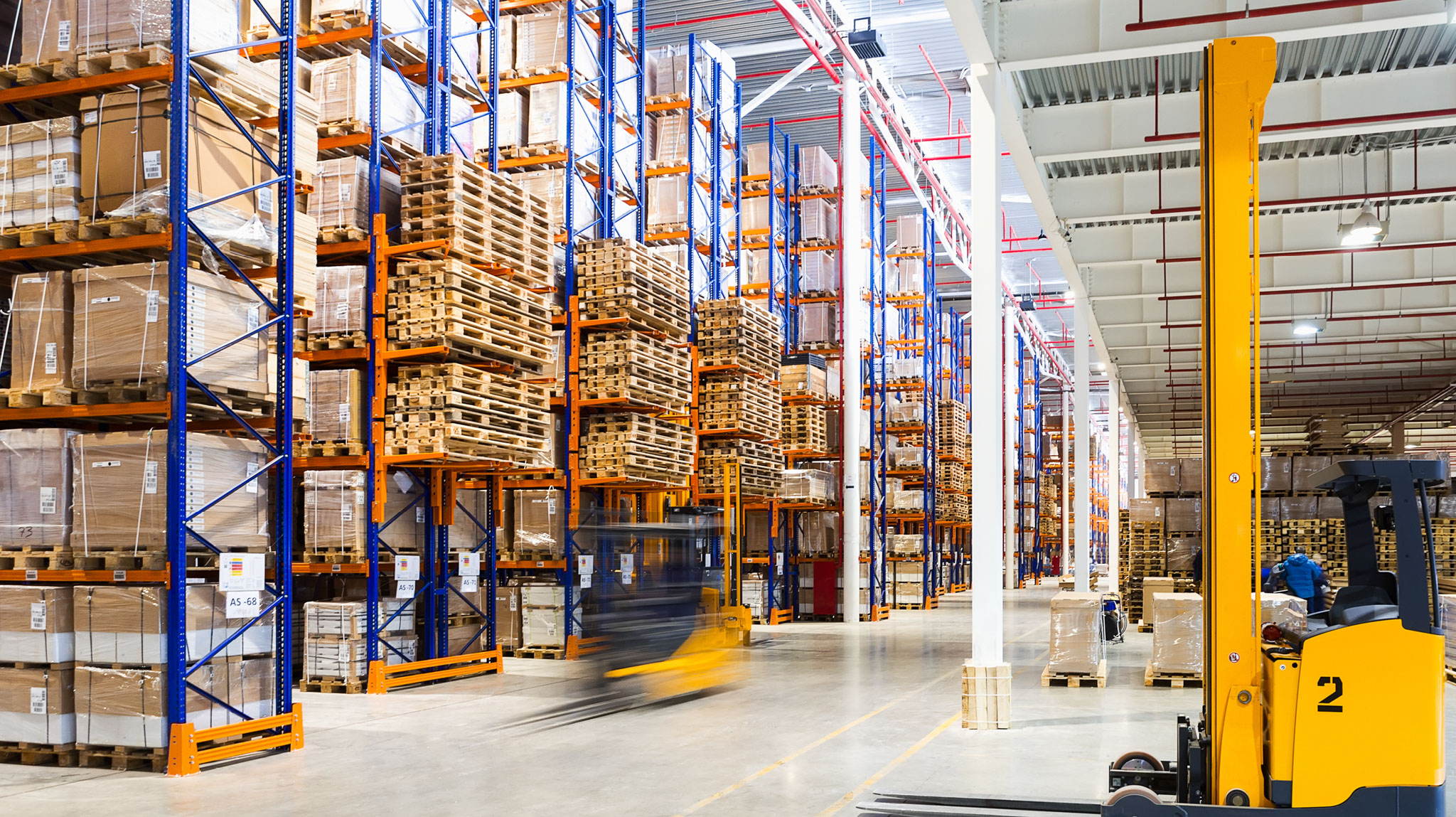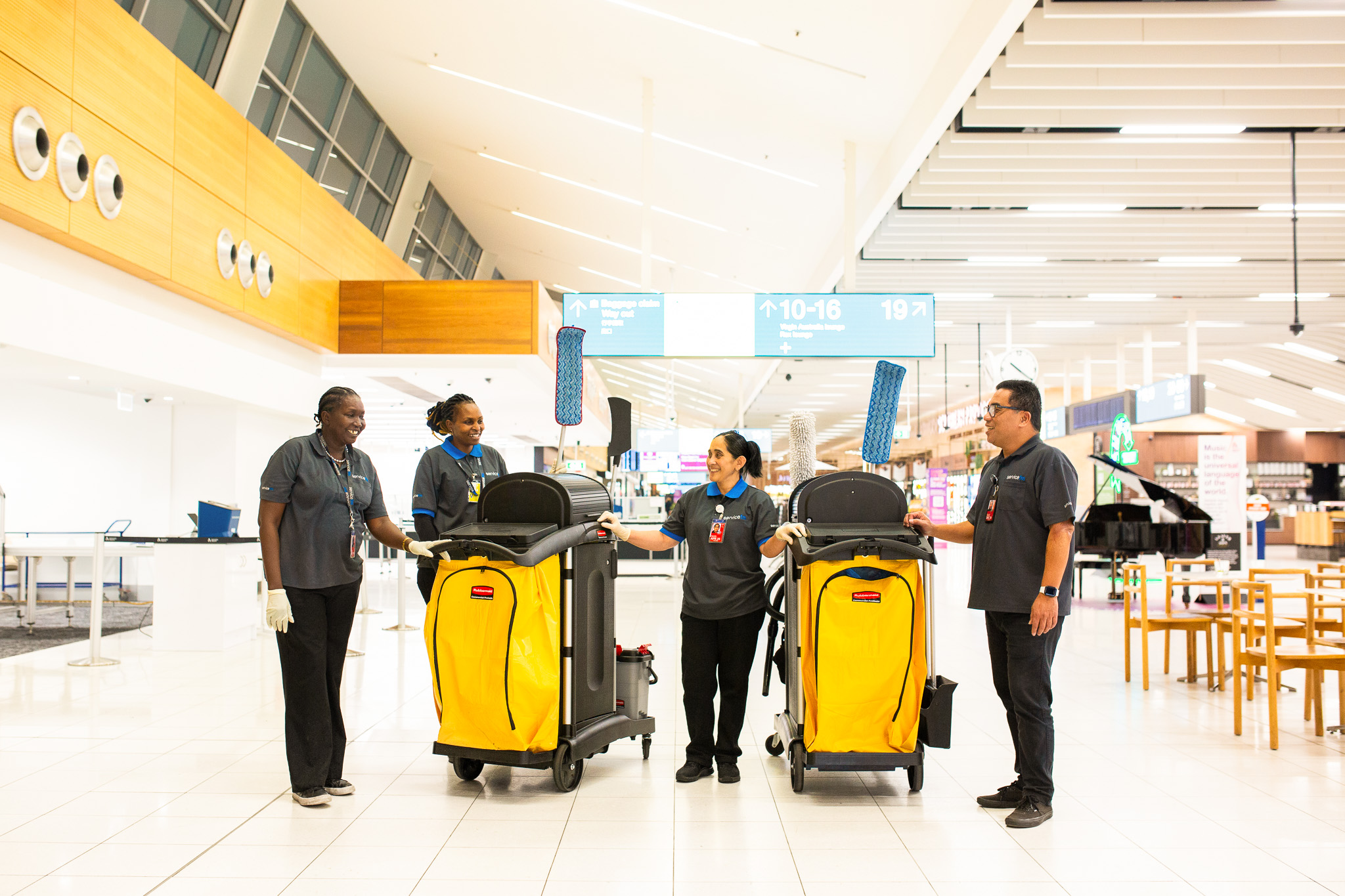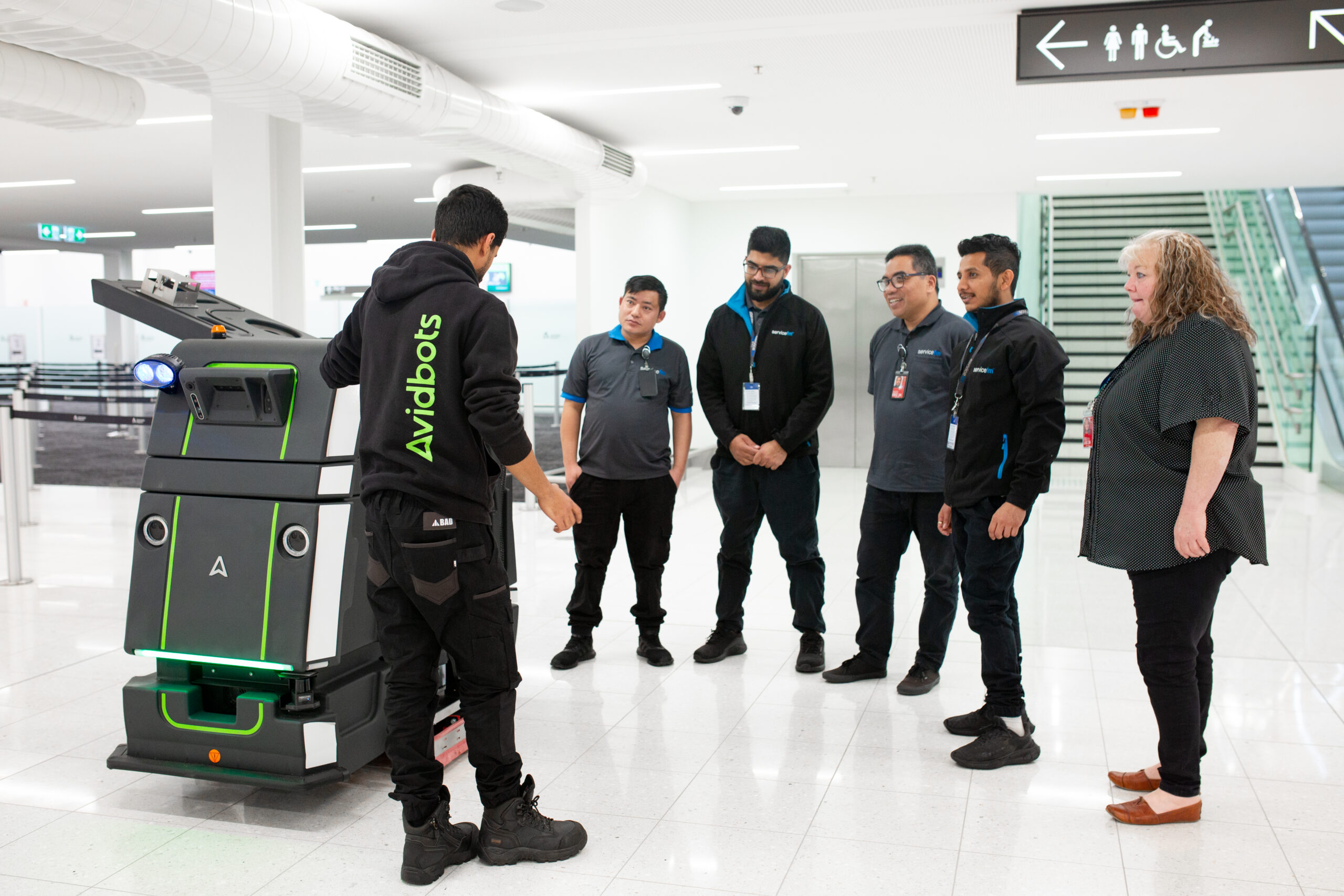Warehouse facility management is the comprehensive process of planning, organising, and controlling all aspects of a warehouse’s operations to ensure smooth and efficient functioning.
Why is this important? Inefficiencies in managing a warehouse can harm your business output, as it directly impacts overall productivity and profitability.
There are different ways this process can be implemented. They revolve around two main areas: organisation and safety.
Here we explore how businesses can address these key considerations, and how they can be implemented in your workplace.
1. Organisation
With a vast inventory of goods, knowing where everything is and how to access it is essential. Optimising space utilisation and storage techniques are crucial for efficient operations.
Here are a few tips for strategic organisation and creating an efficient workflow:
- Utilise your vertical space by implementing mezzanines, racks, and shelves.
- Use information labels and photos of products.
- Create clear aisles throughout the warehouse.
- Ensure you have enough space in the receiving area.
- Store products which are frequently sold together, close to each other.
- Keep bestselling products close to the front.
- Use mobile shelving units for seasonal products.
2. Safety
Every warehouse comes with different safety issues, and knowing which can apply to your company is vital to maintaining a safe work environment for everyone. From slips, trips and falls, manual handling, and mobile plants, both workers and Managers of your business should know how to maintain safety on the job.
Here are 4 critical steps which should be implemented to ensure your risk is minimised:
- Pre-purchase Assessment: Checking any product, you intend to purchase is fit for purpose and meets Australia Standards.
- Risk Assessment: Assessing new products/tasks for potential hazards to people/environment/business.
- Consultation/Communication: Ensuring you consult staff during the risk assessment process.
- Review: Checking whether your control measures are effective.
Safety training for staff at the commencement of employment is also crucial as this provides essential knowledge, skills, and awareness to reduce the potential for any adverse occurrences and mitigates company risk. This may include:
- WHS Fundamentals (Responsibilities under the Act)
- Chemical Safety Training
- Manual Handling
- Electrical Safety
- Emergency Management
- Incident/Hazard Reporting
Maintenance schedules

Minimising the risks to a business can be greatly improved if your plant, equipment, and/or facility is maintained. There are two types of maintenance – preventative and reactive. Whilst some reactive maintenance is unavoidable, implementing a preventative maintenance schedule will greatly reduce the impact of operational downtime due to unexpected breakdowns.
Preventative Maintenance
Can help prevent smaller problems from stacking up. Planned Preventative Maintenance (PPM) schedules allow you to identify issues before they lead to more extensive repairs or replacements, which may result in business downtime. You can use PPM schedules for things such as fire safety, electrical compliance, mobile/fixed plant servicing, infrastructure upkeep and refreshes, and conducting regular risk assessments.
Reactive Maintenance
Alternatively known as breakdown maintenance, pertains to repairing equipment which has already experienced a failure or is exhibiting clear indications of subpar performance. Reactive maintenance is approached on an ad-hoc basis to have equipment fixed quickly with minimum disruption to your business. Examples of other types of reactive maintenance are plumbing repairs and pest control.
What next?
At ServiceFM, we are committed to WHS compliance, and operational excellence. We have developed a deep understanding of warehouse operations and understand what it takes to ensure best practice is implemented and maintained for our clients.
Whether you need an efficient warehouse layout, safety protocols implemented, audits conducted, or require management of hazardous materials, our team has the expertise and experience to provide customised solutions tailored to the unique needs of our clients.
Connect with us today to discuss how we can support your business in optimising your warehouse facility management programs for an organised, safe, and compliant working environment.






